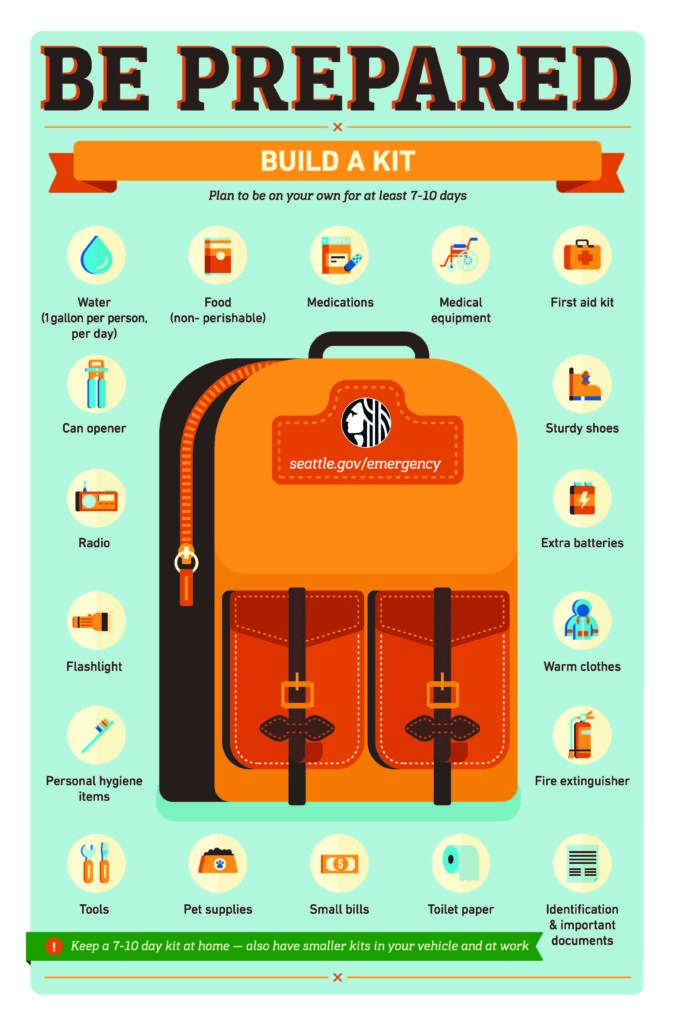In any disaster, emergency services will NOT be available for most of their normal functions; these workers will be triaging the most urgent needs citywide and probably will not be able to respond to individual emergencies. That is why it is essential for neighbors to be prepared to help each other in the immediate aftermath and for an unknown length of time.

Prep Steps
For more information or to volunteer: rooseveltemergencyhub@gmail.com